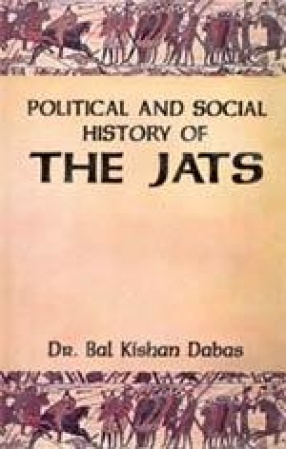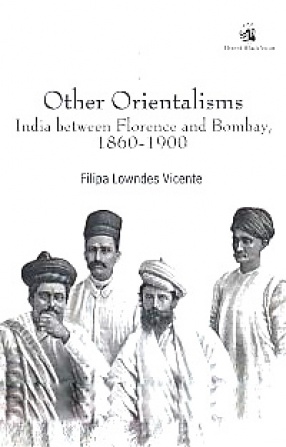The present work is an analytical study of the political and social history of the Jats. Second half of the 17 century witnessed the rise of Jat power in the vicinity of Delhi and Agra, i.e. in the very heartland of the Mughal Empire. By the first half of the 18 century the Jats were not only able to carve out an independent state for themselves but also emerged as a political force to reckon with. The rise and consolidation of the Jat state is a significant historical development which had far reaching impact on the contemporary political and socio-economic orders. The second part of the work focuses on the social life of the Jats. The social history of the Jats has been studied both from structural as well as functional aspects of the social organization of the Jat and in the broader perspective of the structure of medieval Indian society. The position of the Jat zamindars and the cultivators, their customary practices, standard of living, etc. have been discussed. The third section of this book gives descriptive-cum-analytical account of the evolution, functioning and role of the socio-political and administrative institutions evolved by the Jats, particularly the institution of sarva khap panchayat. The panchayat system had great bearing on all aspects of the Jat society. The social and political activities of the Jats were regulated and governed by the customs of the panchayat. The working of the panchayat system helps us in understanding the nature of developmental processes in the Jat society.
The Political and Social History of the Jats
In stock
Free & Quick Delivery Worldwide
reviews
Bibliographic information
Title
The Political and Social History of the Jats
Author
Edition
1st ed.
Publisher
ISBN
8174530452
Length
xii+291p., Figures; References; Bibliography; 23cm.
Subjects





There are no reviews yet.